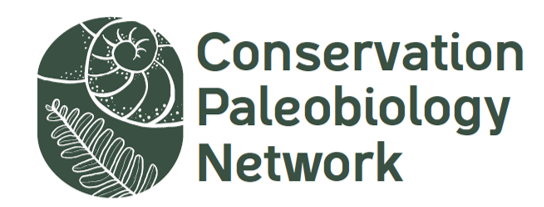RELIC: Bahamas (Restoring Ecosystems Lost in Conservation: Bahamas)
About this Working Group:
The Bahamas Archipelago (The Bahamas, Turks & Caicos Islands) sits at the intersection of multiple global change issues emblematic of Anthropocene-era challenges. The region has a dynamic biocultural history characterized by multiple pre-Columbian and historic-era human migration events and species extirpations, extinctions, and invasions. This region represents a tractable system in which to explore vertebrate diversity and ecosystem function through time as it relates to human behaviors past and present that have until now been studied in isolation by different disciplines, and where research initiatives have largely excluded conservation community input.
This Working Group will foster data sharing, discussion, networking, and product-oriented engagement across participants to mobilize existing paleobiological (e.g., paleontological, archaeological, paleoenvironmental) datasets and inspire research on surviving and extinct endemic vertebrates as they relate to sustaining ecosystems and conservation. We use this Working Group to show how global biodiversity targets can be translated to local ecological and human cultural contexts, and how to best position projects for success by generating robust and reasonable outcome expectations using paleobiological data.
Our aims are aligned with global biodiversity goals that have been scaled to local needs based on preliminary discussions with local practitioners. They include: (1) Identify the temporal and spatial scale of human drivers of loss spanning Indigenous, European, and more contemporary time spans; (2) Using these baselines of taxa through time, we can then address species-specific goals; (3) Employ paleobiological data in new modeling and computational approaches to reconstruct ecosystem functions through time and across space, and species losses in the context of conservation translocations and “rewilding”; (4) Ensure equitable benefits of research and conservation implementation.
Participants & Principal investigators

Science Officer
Bahamas National Trust

Director of Science & Policy
Bahamas National Trust

Director
Antiquities Monuments and Museum Corporation, The Bahamas

Environmental Science
University of The Bahamas

Department of Integrative Biology
Department of Geological Sciences
University of Texas, Austin

Ros Kennerley
Co-Chair IUCN SSC Small Mammal Specialist Group

Florida Museum of Natural History
University of Florida


Department of Biology & Environmental Studies
Middlebury College

Jessica Oswald
US Fish and Wildlife Service, National Fish and Wildlife Forensic Laboratory

Director of The Bahamas Maritime Museum

Samual Turvey
Zoological Society of London
About CPN Working Groups: The Conservation Paleobiology Network (CPN) sponsors working groups focused on research questions that integrate conservation paleobiologists, academic partners, wildlife managers, and stakeholders to develop effective strategies for translating products of historical research into conservation and management actions. Each working group includes meetings to develop approaches to research or applications. Working groups should engage key interest groups (conservation paleobiologists, archaeologists, environmental historians, federal and state management officers, and stakeholders) and contribute to the broader mission of the CPN of establishing conservation paleobiology as both a basic and applied discipline. Outcomes may include publications or other products developed by working groups, tutorials and lectures contributed to the CPN webinars, and/or proposals to funding agencies to support further activities. The working group panel oversees solicitation, selection, development and assessment of working groups.

